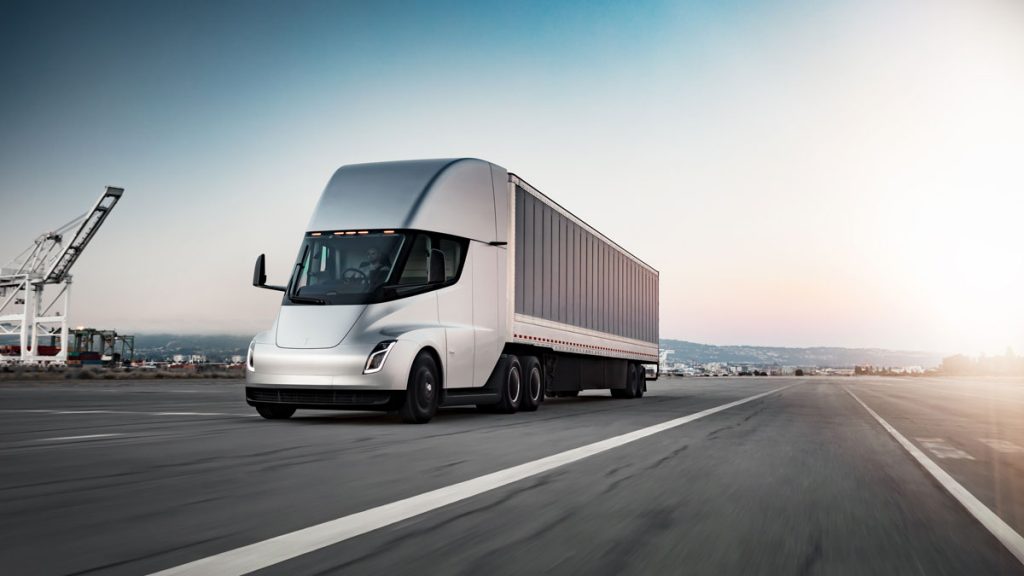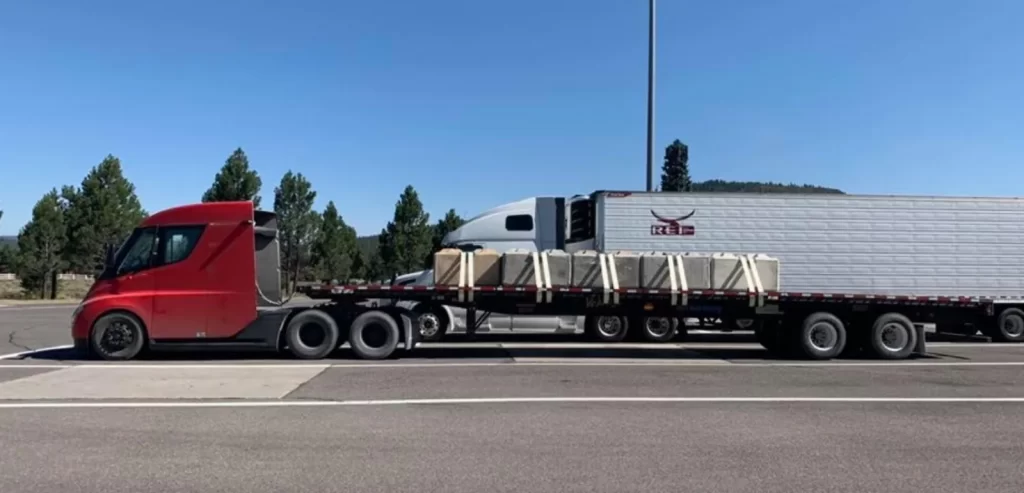Tesla began delivering trucks to customers this month, five years after first displaying its Semi truck to the public. However, the company has been noticeably quiet about the vehicle since, failing to reveal the truck’s weight capacity when fully loaded or when the rest of Tesla’s companies will be able to begin using them.
PepsiCo, Tesla’s first semi-user, is already seeing that the truck’s range suffers greatly when loaded with large cargo, as Tesla’s opponents have long anticipated. Pepsi, the first customer to use a Tesla Semi, commented on the truck’s deployment in its fleet and made some odd statements regarding its range. PepsiCo was the first customer to get the Tesla Semi when it began deliveries earlier this month.

PepsiCo and other clients, such as Gatorade, have remained silent on the information, most likely because of the non-disclosure agreements they signed with the EV manufacturer. However, PepsiCo’s decision to only complete short journeys with heavy loads may indicate that Tesla oversold its 500-mile semi-truck.
Tesla has clearly stated that the Tesla Semi can achieve a range of over 500 miles with a full load of 82,000 lbs. We don’t know the actual load capacity of the Tesla Semi because Tesla hasn’t revealed the truck’s weight, but we do know it can go 500 miles at full capacity. A trailer stocked with chips will indeed be lighter than a trailer full of sodas, but at the end of the day, both are regulated to 82,000 pounds in an electric vehicle. As a result, a Tesla Semi should be able to go 500 miles with a trailer full of drinks.

I estimate the weight of the Tesla Semi to be about 27,000 lbs, which is certainly higher than most diesel semi-trucks and would result in a lower load capacity. But based on the information Tesla released, the truck can still travel 500 miles at a total weight of 82,000 lbs (truck, trailer, and load) regardless of the actual load capacity. That’s why it’s so strange that PepsiCo says it is limiting trips with sodas to 100 miles.


